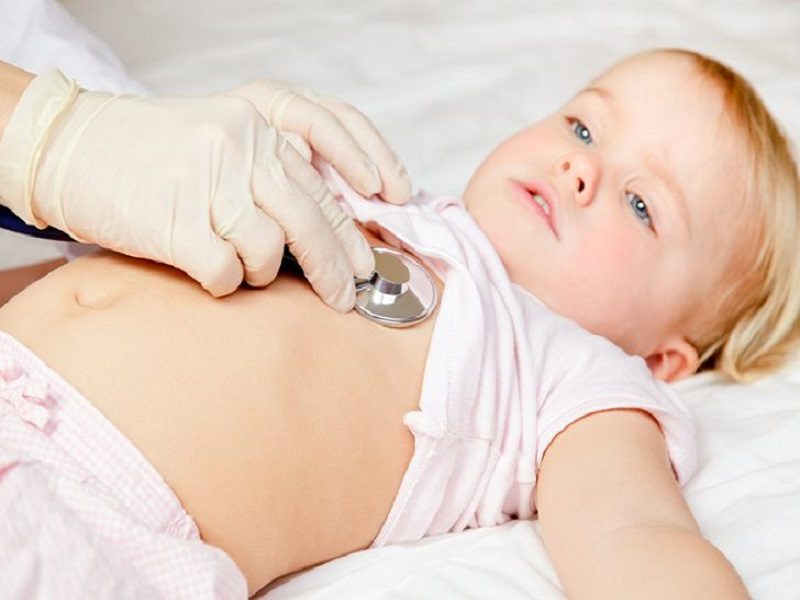
DiYES International School – Heart disease symptoms in kids can often go unnoticed because the signs may not be as obvious as they are in adults. Children rely on a healthy heart to supply oxygen-rich blood throughout their bodies. When heart disease develops, the heart struggles to pump blood effectively, which can prevent various organs from receiving the oxygen they need. Parents need to recognize early warning signs to ensure their child gets the proper care. If you notice any of the following symptoms, it is important to seek medical attention immediately. These signs could indicate underlying heart problems that require prompt diagnosis and treatment.
Dizziness in children is often dismissed as a result of not eating or drinking enough. However, if your child suddenly feels lightheaded or off-balance, along with symptoms like shortness of breath or chest pain, it could be a sign of heart disease. Frequent dizziness can be caused by low blood pressure due to the heart’s inability to pump blood properly. If this occurs regularly, it is essential to consult a doctor as soon as possible to rule out any serious heart conditions.
Throat pain in children can often be attributed to common illnesses like a cold or sinus infection. However, if your child complains of pain or a sensation of tightness in the chest that radiates to the throat or jaw, it may indicate a heart attack. Heart disease symptoms in children can sometimes present in unexpected ways, and chest pain that spreads to the throat and jaw is a classic symptom of a heart attack. If your child experiences these symptoms, seek immediate medical attention.
If your child suddenly feels extremely tired after activities that they previously had no trouble with, such as climbing stairs or running, this could be a sign of heart disease. Unexplained fatigue that persists for several days, even after rest, may be linked to the heart’s inability to supply enough blood and oxygen to the body. If your child is unusually tired and has difficulty recovering after basic activities, it’s important to consult a doctor to identify the underlying cause.
“Read more: The Values of Politeness to Instill in Children from an Early Age”
Sweating is a normal response when children are physically active or in a hot environment. However, if your child sweats excessively, especially when not engaged in any strenuous activity or in a cool environment, it could be a sign of heart disease. Cold sweats without a clear reason may indicate that the heart is struggling to pump blood effectively. If you notice your child sweating excessively without any apparent cause, it is important to consult a doctor for a thorough evaluation.
It’s common for children to have a fast heartbeat when they’re active or excited, but if your child experiences irregular heartbeats when they are at rest, this is cause for concern. An irregular heartbeat or palpitations that happen when your child is calm or not engaging in intense physical activity can be a sign of a heart problem. If your child’s heartbeat seems irregular or unusually fast during quiet times, it is important to seek medical advice.
Swelling in the lower extremities, such as the feet, ankles, or legs, can be a clear sign that something is wrong with your child’s heart. This symptom occurs when the heart is unable to pump blood efficiently, leading to a buildup of fluid in the veins. Swelling that doesn’t have an obvious cause, such as an injury, should be taken seriously. If your child experiences swelling in their legs or feet, seek medical attention right away to determine the underlying cause.
In addition to the six symptoms listed above, other signs of heart disease can vary depending on the child’s age. For infants and young children, be aware of the following symptoms:
For older children and teenagers, heart disease symptoms can also include:
If your child shows any of these signs or symptoms, it’s important to consult with a healthcare provider immediately. Early diagnosis and treatment of heart disease can help improve your child’s quality of life and potentially save their life.
If your child is showing any of the heart disease symptoms mentioned above, don’t wait. Contact a doctor or heart specialist for a thorough examination. Early detection is crucial in managing heart conditions in children and preventing further complications. It’s also important to monitor your child’s health regularly and keep up with routine check-ups to ensure their heart health remains in optimal condition.